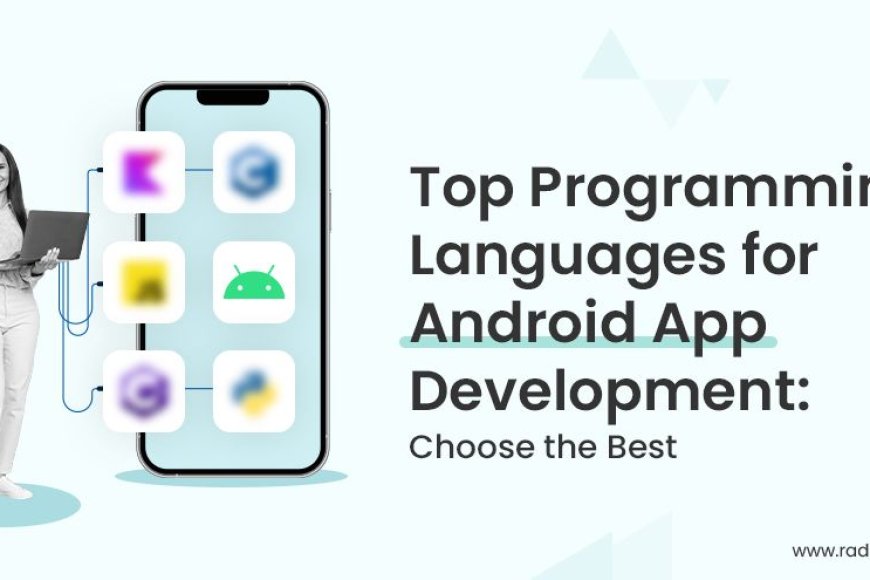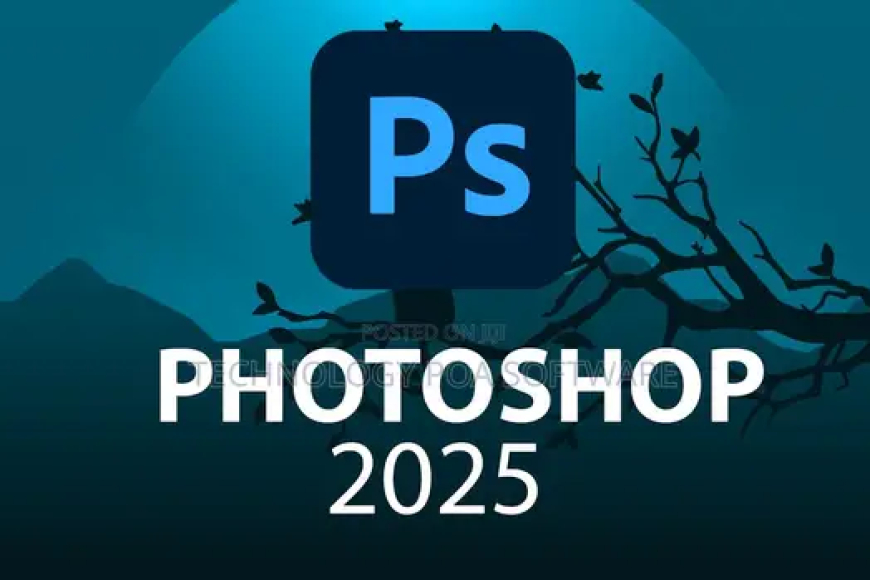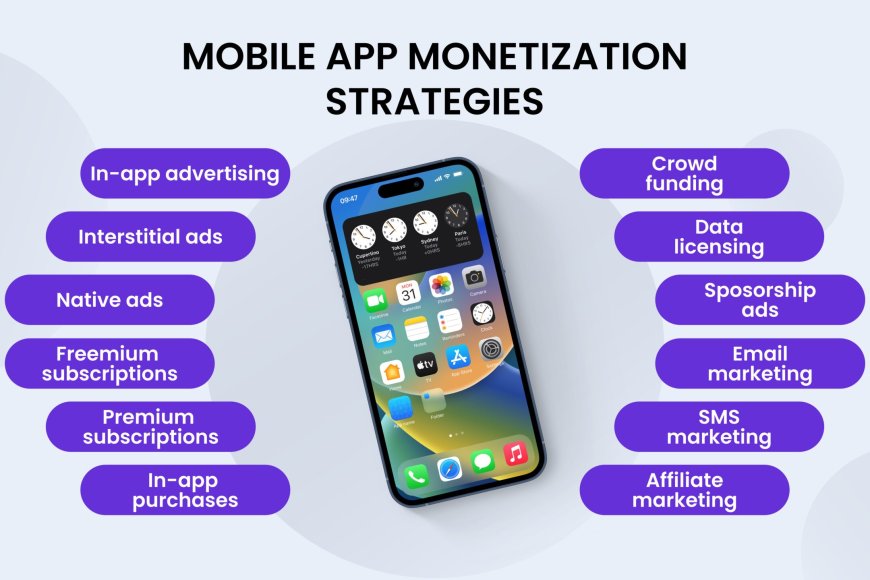Developing Android apps offers flexibility and a vast user base, but with so many programming languages available, it can be challenging to decide which language to use. Choosing the right language depends on your experience, the type of app you’re building, and your long-term goals. This guide breaks down the most popular languages for Android development, their pros and cons, and when to choose each one.
Java: The Traditional Choice
Java has been the backbone of Android development since the beginning. Known for its reliability and vast community support, Java is still widely used, especially in enterprise settings.
- Pros: Strong support, extensive libraries, and compatibility with Android Studio.
- Cons: Verbose syntax and steeper learning curve compared to newer languages.
Java remains a popular choice for developers who want a stable, tried-and-tested language with a solid foundation for Android development.
Kotlin: The Official Language for Android
In 2017, Google named Kotlin as the official language for Android development. Kotlin is a modern, concise, and powerful language that offers full interoperability with Java, making it easy for developers to transition or combine both languages.
- Benefits of Kotlin: Less boilerplate code, null safety, and support for functional programming.
- Comparison with Java: Kotlin has a more concise syntax and can reduce the amount of code needed for common tasks, making it ideal for faster and cleaner development.
Kotlin is widely considered the best choice for new Android developers and has quickly become the preferred language for Android apps.
JavaScript and React Native
For developers looking to create cross-platform applications that run on both Android and iOS, JavaScript with React Native is a popular choice. React Native, developed by Facebook, allows you to write once and deploy on multiple platforms.
- Advantages: Cross-platform compatibility, large community, and a robust ecosystem of libraries.
- Drawbacks: Limited access to some Android-specific APIs and occasional performance issues for complex applications.
React Native is ideal for developers with a JavaScript background or those looking to create apps for both iOS and Android without rewriting code for each platform.
Dart and Flutter
Flutter, a UI toolkit by Google, uses the Dart programming language and has gained significant traction for Android and cross-platform development. Flutter’s “write once, run anywhere” philosophy allows for beautiful, high-performance apps across platforms.
- Benefits of Flutter: Fast development with a “hot reload” feature, excellent UI customization, and strong community support.
- Comparison with React Native: Flutter offers better performance in some cases due to direct compilation to native code, while React Native depends on a JavaScript bridge.
Flutter is a strong choice for developers interested in cross-platform apps that prioritize a consistent and high-quality user interface.
C++: For Game and Performance-Intensive Apps
For applications that require intense processing power, like 3D games or high-performance apps, C++ can be an excellent choice. With the Android Native Development Kit (NDK), developers can integrate C++ code into Android apps for improved performance.
- Strengths: Great for performance-critical tasks and access to low-level system resources.
- Weaknesses: Complex syntax, more challenging to learn and manage, and limited to specific use cases.
C++ is best suited for developers with experience in the language and projects that require maximum performance and efficiency.
Python for Android Development
While not a traditional choice for Android, Python can still be used to develop Android applications through libraries like Kivy or BeeWare. However, Python isn’t natively supported, which can result in limitations and slower performance.
- Limitations: Fewer tools and libraries for Android, less efficient than Kotlin or Java.
- Best for: Prototyping and simpler applications rather than complex or resource-intensive apps.
Python may appeal to developers already skilled in the language but is generally not recommended for mainstream Android development.
Swift: iOS to Android Cross-Platform Development
Swift is Apple’s official language for iOS development, but cross-platform frameworks like Flutter or React Native can allow developers to reuse Swift code for Android as well.
- Pros: Ideal for developers already familiar with Swift and cross-platform frameworks.
- Cons: Not directly compatible with Android, so it requires additional tools and adjustments.
While Swift itself isn’t directly used for Android, it can still be part of a cross-platform solution for developers who work on both iOS and Android apps.
Other Languages and Experimental Options
There are other languages, such as Ruby and Lua, that can technically be used to develop Android apps through various frameworks and tools. However, they’re less common and may lack community support and resources.
- Pros: Unique functionalities in some cases.
- Cons: Limited resources, fewer libraries, and may require additional setup.
Experimental languages can be interesting for niche projects but are not ideal for developers seeking mainstream Android development careers.
Conclusion
Choosing the right language for Android development depends on your goals, background, and the type of app you want to create. For new developers, Kotlin is highly recommended due to its official support and modern features. For cross-platform ambitions, Flutter with Dart or React Native with JavaScript are excellent choices. For high-performance apps, C++ provides power and efficiency, while Java remains a stable, well-supported option for traditional development.
You Might Also Like
Explore more from the same category







